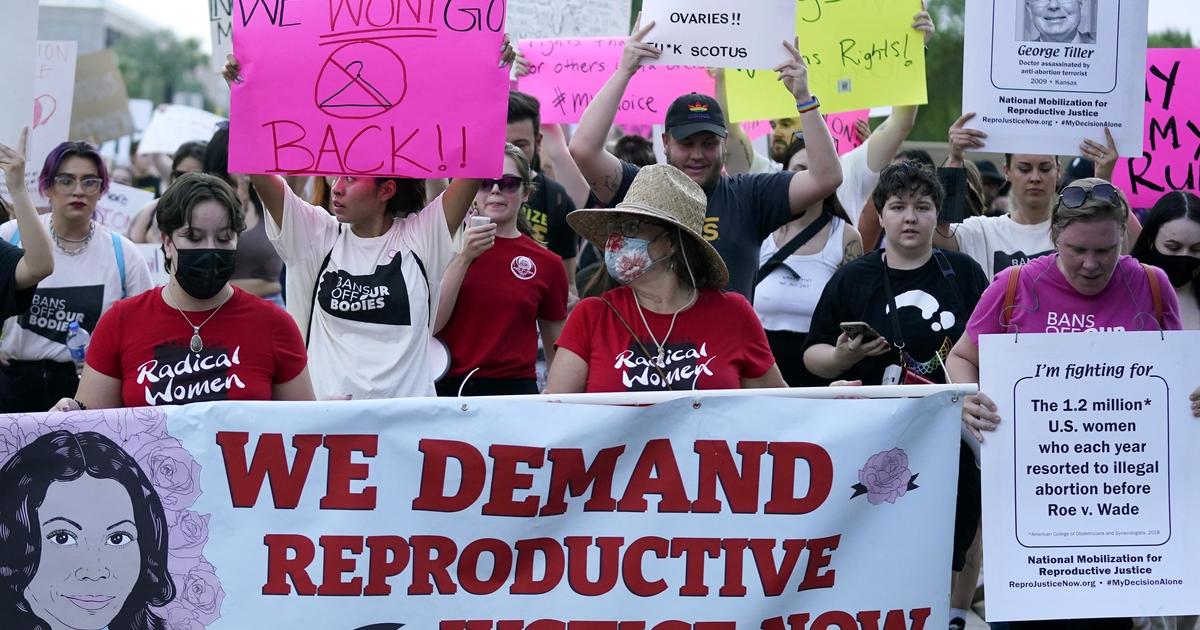A group in Arizona has gathered enough signatures to put an amendment enshrining the right to abortion in the state’s constitution on the ballot in November. They collected over 500,000 signatures, surpassing the requirement of 383,923 signatures for constitutional amendments in Arizona. The group plans to submit the signatures closer to the early July deadline, but legal challenges on the language and single subject requirements could arise. Arizona currently has a 15-week abortion ban in place, signed into law in 2022, with exceptions for medical emergencies and restrictions on medication abortion, ultrasounds, and parental consent for minors.
The Arizona Supreme Court is also reviewing a centuries-old law that bans nearly all abortions with exceptions for the life and health of the mother. The proposed constitutional amendment would establish a fundamental right to abortion and prevent the state from implementing laws that restrict access to the procedure. The group behind the amendment highlights the impact of the lack of exceptions past 15 weeks on pregnant patients and aims to restore decision-making power to those directly affected by the issue. This effort follows a Florida Supreme Court decision allowing an abortion ballot measure to move forward and reflects a broader trend of addressing abortion on a state level following the Supreme Court’s Dobbs decision.
Efforts are underway in multiple states to put abortion on the ballot, with successful outcomes in states where these measures have appeared. President Biden and Democrats are positioning themselves as defenders of abortion rights, emphasizing Mr. Biden’s commitment to restoring protections from Roe v. Wade and preventing a national ban if passed by Congress. An abortion ballot measure in Arizona, a key battleground state that Biden narrowly won in 2020, could have significant implications for future elections. While Trump has not definitively outlined his abortion policy, he has suggested the possibility of a ban at 15 or 16 weeks. The former president indicated that he would make a statement on abortion policy the following week during a press conference in Green Bay, Wisconsin.
The success of abortion ballot measures in various states underscores the broader national debate over reproductive rights and the role of state-level initiatives in shaping policies on abortion. These measures have the potential to influence voter turnout and political dynamics, particularly in states like Arizona that are closely contested in national elections. The push to address abortion on a state level reflects a strategy to navigate the shifting legal landscape following the Supreme Court’s Dobbs decision and the implications for federal protections on abortion rights. As states grapple with the future of abortion policy, the outcome of these ballot measures could have lasting effects on the reproductive rights landscape in the United States.









